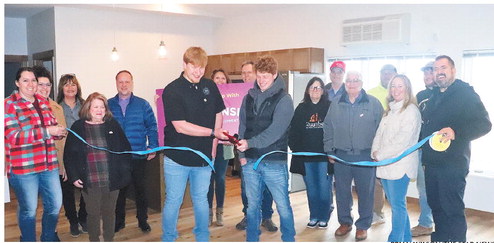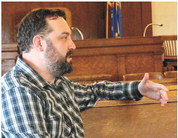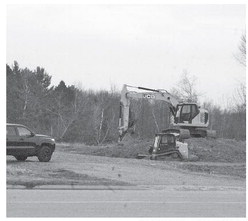UW Engineering and Local Government reform bills become law
Governor Tony Evers signed several bills into law this week, including two bills authored by Senator Jerry Petrowski (R-Marathon), which seek to bolster the engineering program at UW-Madison and further clarify municipal boundaries and annexation agreements between towns, cities, and villages.
Assembly Bill 725 (now Act 206) – This initiative provides a $1 million down payment as a start to expand the Engineering School at UW Madison, our state system’s flagship campus. This money will be put towards the planning and design of a new facility to help train and prepare a future workforce for Wisconsin.
“Engineers are in high demand, and this investment will help to attract and educate the best and brightest in the field,” said Senator Petrowski. “Constructing a new facility where the engineers of tomorrow can receive instruction will enable UW-Madison to maintain their top ranking among engineering colleges and, more importantly, ensure we have well-trained individuals prepared for tomorrow’s workforce. The funds allocated in this bill will show that the University, and Wisconsin as a whole, is committed to excellence and leadership in the critically important field of engineering.” Senate Bill 835 (now Act 198) – This local government reform package seeks to update several provisions in state law and was the result of close consultations with both the Wisconsin Towns Association and the League of Municipalities – two entities which are often at odds with each other.
“This new law will improve the consistency of how land use issues are dealt with among local governments and close a loophole in current law incorporation statutes,” stated Senator Petrowski. “This package is the result of these two organizations’ willingness to come together and address issues of mutual concern.”
Act 198 addresses concerns each organization has about the municipal incorporation process, extraterritorial powers of municipalities, and municipal annexation powers, including closing a loophole in the incorporation process by placing limitations on a newly incorporated city or village from immediately adding any remaining town territory by annexation or a boundary agreement; restoring the ability of cities and villages to annex town territory across county lines by unanimous approval; limiting municipal extraterritorial zoning powers, including the duration of zoning freezes within the extraterritorial jurisdiction; and prohibiting municipalities from using condemnation to acquire blighted properties located outside a community’s borders for the purpose of transferring the property to third-party developers.
“I thank both the Wisconsin Towns Association and the League of Municipalities for their efforts to get this done. This is how government is supposed to work,” said Petrowski.




